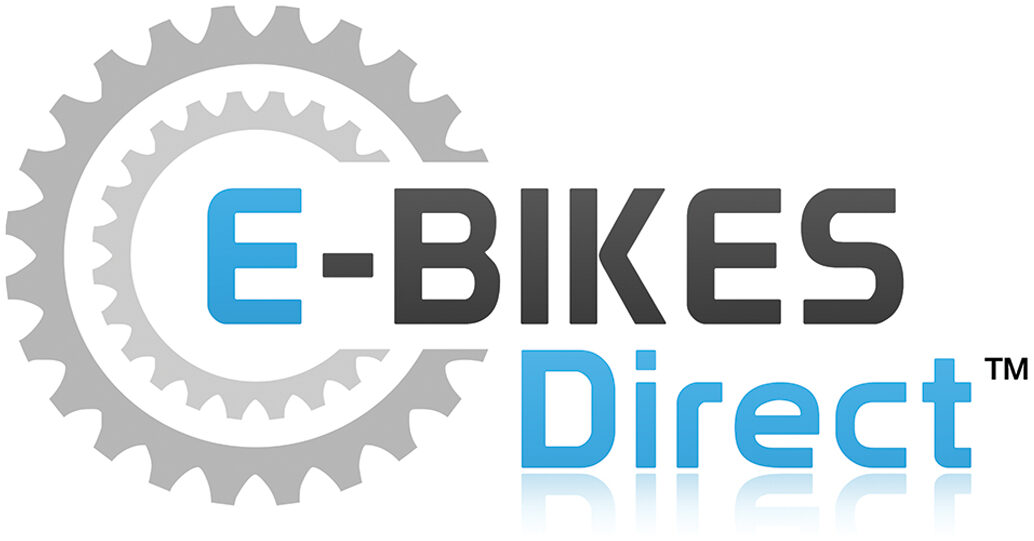
Use Electric Bikes For Your Fleet!
Please visit our sister company website www.electricbikesfleet.co.uk
The key benefits of electric bikes:
- Cut GHG emissions,
- Reduce travel costs,
- reduce local area traffic congestion,
- cut air pollution,
- improve employee health and fitness.
Electric bikes help everyone – people of all ages and fitness levels can travel easily, quickly when and where they choose.
Electric bikes take the negatives out of cycling, removing traditional cycling barriers, of hills, wind and long journey times. Employee’s can travel in their work clothes and there is no longer the need to shower or change at the destination. And don’t forget the health benefits that help you achieve, a happy, fit, stress free work force.
Electric bikes can travel up to 30 miles at 15mph. They can then be recharged at a cost of around 2p! The motor simply kicks in when you start to pedal and the more pressure your put on the pedals the faster the bike will go…
Why Partner with e-Bikes Direct Fleet….
- Commercial bikes powered by Yamaha drive systems.
- Sole UK distributor- Quantity discounts available
- On site user/service training included
- On site servicing packages available
E-Bikes Fleet is available through the following payment plans
- Purchase – Being the official Gepida UK importer we can offer the same trade discounts we offer to Independent bicycle dealers that resell are brand. This discount increases in line with order volumes.
- Short Term Lease – Generally speaking we tailor make each lease package for each customer. Are general rules are as follows: Subject to a minimum order quantity of 22 units. Bikes can be leased for as little as £17 per week. Minimum term 2 years.
- or the Department for Transport’s morale boosting, cost saving cycle to work scheme.:
Cycle to Work scheme is a UK Government annual tax exemption initiative introduced in the 1999 Finance Act to promote healthier journeys to work and to reduce environmental pollution. It allows employers to loan cycles and cyclists’ safety equipment to employees as a tax-free benefit. The exemption was one of a series of measures introduced under the Government’s Green Transport Plan. A Cycle to Work scheme does not require the prior approval of HMRC.
Employers of all sizes across the public, private and voluntary sectors can implement a tax exempt loan scheme for their employees. The employees wishing to participate should be paid through the PAYE system. The scheme is not available to the self-employed or employees on the National Minimum Wage.
There is no limit on the total value of the equipment including the cycle. It is possible to loan two cycles to one employee if, for example, that employee needed a cycle at either end of a train journey between their home and place of work. However please note, that the Office of Fair Trading (OFT) has advised that the group consumer credit license will cover schemes up to a value of £1,000. To extend that, an additional credit license is required.
How it works
The exemption removes the tax charge that would otherwise apply to cycles and cyclists’ safety equipment loaned to employees provided the following conditions are met:
- Ownership of the equipment is not transferred to the employee during the loan period;
- Employees use the equipment mainly for qualifying journeys;
i.e. for journeys made between the employees home and workplace, or part of those journeys (for example, to the station), or for journeys between one workplace and another - The Cycle to Work scheme is made available generally to employees of the employer concerned and not confined to directors or offered to them on more favorable terms.
How to set it up
To take advantage of the tax and Class 1A NICs exemption, an employer can simply buy a cycle and cyclists’ safety equipment, reclaim the VAT (if applicable), make use of the capital allowances and loan it to an employee for qualifying journeys to work. This arrangement means that the employee’s normal salary arrangements are not affected. It may be, however, that the employer wants to recover the cost of providing the cycle and safety equipment loaned to the employee. Usually this would be done through a salary sacrifice arrangement.











